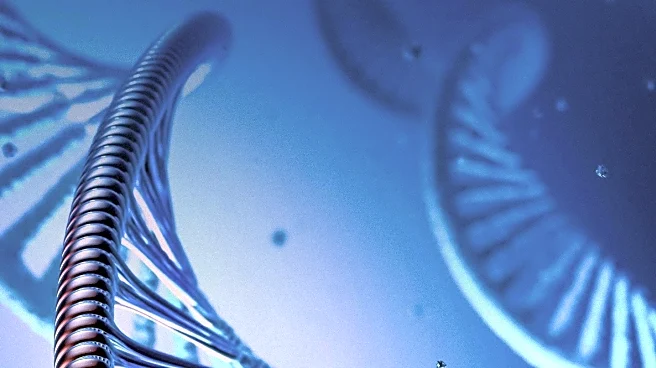What's Happening?
Researchers at the Icahn School of Medicine at Mount Sinai have demonstrated that the Cyclin A2 (CCNA2) gene can promote cardiac repair in adult human cardiomyocytes. This breakthrough offers a potential alternative to heart transplants or implanted cardiac devices.
The study, published in Nature Regenerative Medicine, builds on previous work showing heart regeneration in pigs. The new findings reveal that a human-compatible viral vector can safely trigger cell division in adult human heart cells, potentially shifting treatment paradigms from symptom management to heart repair.
Why It's Important?
Heart disease remains the leading cause of death worldwide, and current treatments often involve invasive procedures like transplants. The ability to regenerate heart tissue using gene therapy could revolutionize cardiac care, reducing the need for transplants and mechanical devices. This advancement not only offers hope for improved patient outcomes but also represents a significant step forward in regenerative medicine. The research highlights the potential for gene therapy to address chronic health issues by enabling the body to heal itself.
What's Next?
The research team plans to seek FDA approval to begin clinical trials of CCNA2 therapy in patients with heart disease. Successful trials could pave the way for widespread clinical use, offering a less invasive and more sustainable treatment option for heart failure and post-heart attack recovery. The progression to clinical trials will be closely watched by the medical community and could influence future research and development in regenerative therapies.















